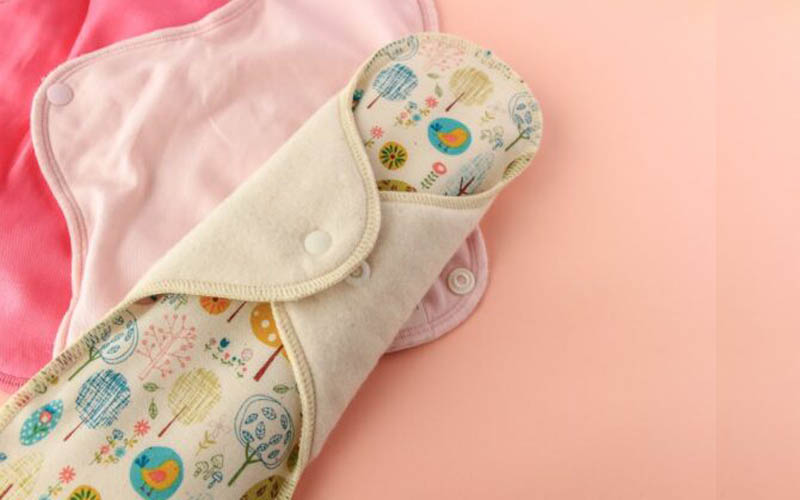+234 912 443 7374

Menstrual hygiene management is a critical aspect of women's health and well-being. However, many women and girls in rural areas face significant challenges in accessing affordable and hygienic menstrual products. In this article, we shed light on the positive impact of reusable menstrual pads in improving menstrual hygiene in rural communities. By providing a sustainable, cost-effective, and eco-friendly solution, reusable pads empower women and girls to manage their periods with dignity, while also promoting environmental sustainability.
Inadequate menstrual hygiene management has far-reaching consequences for women and girls in rural areas. Limited access to affordable and hygienic menstrual products often leads to unhygienic practices, including the use of unsanitary materials such as rags, leaves, or even sand. These practices can cause infections, discomfort, and embarrassment, affecting women's health, attendance at school or work, and overall well-being. Addressing these challenges requires sustainable solutions that are accessible, affordable, and culturally appropriate.
Reusable menstrual pads offer a cost-effective alternative to disposable pads. While the upfront investment is higher, reusable pads can last for several years with proper care. This significantly reduces the long-term cost of menstrual products, making them more affordable for women and girls in rural areas, who often face financial constraints.
Disposable menstrual pads contribute to environmental pollution due to their non-biodegradable materials. On the other hand, reusable pads are made from eco-friendly materials and can be washed and reused multiple times. By choosing reusable pads, women and girls contribute to reducing waste and minimizing their carbon footprint, promoting a healthier environment.
Reusable pads are designed with absorbent layers and leak-proof barriers, ensuring effective protection against menstrual flow. They are made from soft, breathable, and skin-friendly fabrics, providing comfort and reducing the risk of irritation or rashes. The use of reusable pads promotes better menstrual hygiene practices, enhancing women's overall health and well-being.
Access to reusable menstrual pads empowers women and girls to manage their periods with dignity. It enables them to participate fully in their daily activities, including education, work, and social interactions, without fear of leakage or discomfort. By offering a reliable and hygienic solution, reusable pads contribute to empowering women and breaking the stigma surrounding menstruation.
Reusable pad initiatives often involve training local women in manufacturing and marketing these products. This not only creates economic opportunities but also enhances women's skills and knowledge. By supporting local production and distribution, communities become self-reliant and economically empowered.
Conducting menstrual health education programs is crucial in dispelling myths, addressing taboos, and promoting the use of reusable pads. By providing accurate information about menstrual health and showcasing the benefits of reusable options, communities can embrace sustainable menstrual hygiene practices.
Engaging community leaders, teachers, and parents is essential in advocating for reusable pads. Involving men and boys as allies in these conversations helps break down societal barriers and fosters a supportive environment.
Ensuring easy access to reusable pads in rural areas is crucial. Initiatives can be undertaken to establish local production units or collaborate with existing women's groups to manufacture and distribute reusable pads within the community.
Regular monitoring and evaluation of the impact of reusable pad programs help assess their effectiveness and adaptability in rural areas.

Executive Director, Rural Water Access Foundation (RUWAF).
James Joseph
01 Jan 2023 at 01:51pmKudos to the NGO for their exceptional WASH projects! Their commitment to providing clean water, sanitation, and hygiene resources is truly making a positive impact on communities in need. Keep up the amazing work!
ReplyAbel Samuel
03 Jan 2023 at 09:52pm
I'm truly impressed by the NGO's WASH projects. Their dedication to improving access to clean water and promoting hygiene practices is transforming lives and creating a healthier future for communities. Thank you for your outstanding efforts!
ReplyPhillip Canon
07 Jan 2023 at 07:08pm
The NGO's WASH projects are truly commendable. Their holistic approach, from providing clean water sources to promoting sanitation and hygiene education, is empowering communities and fostering sustainable change. Hats off to the NGO for their incredible work!
Reply